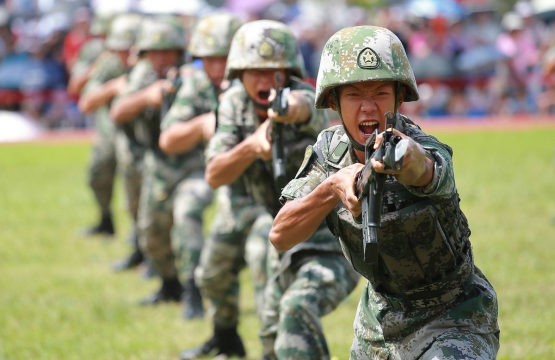
KNTV News is the 24/7 news channel service operated by Korean National Television, the largest private broadcasting company in the Republic of Korea. Released in 1974 as the Korea One News, the company adopted a 24/7 model based off of CNN's in 1993. KNTV has many famous names working for it, such as the news anchors Tang Myung-Dae and Chom Seo-Hyeon, and award winning journalists Sun Bo-Hee, Nan Min'gyu and Kwon Chong-Yol. KNTV News is currently grouped into eight services: News Korea, News Seoul, News Pyonyang, News Busan, News Asia, News Europe, News America, News Global. While the Asia, Europe and America services were launched to reach the Korean communities abroad, News Global was released as an expansion of KNTV's news broadcasting into the English speaking world, with aims to cover the most pressing issues in the worlds of politics, business, sports, society, and entertainment.
As of the January 2020 National Commission on Media, KNTV News is the most popular news service in Korea, with an estimated share of 31% of "first choice television news services". KNTV has received criticism however since it underwent developments in the mid 1990s, being accused of expressing political bias as media deregulation laws came into effect. Media watchdog groups published the Korean Domestic Media and Political Bias Report in 2007, which has been updated in 2010 and 2016. This report concludes that KNTV News has a pro-conservative, pro-market and nationalist slant, compared to competitors KMC who are accused of having a pro-liberal and pro-Openist slant.




